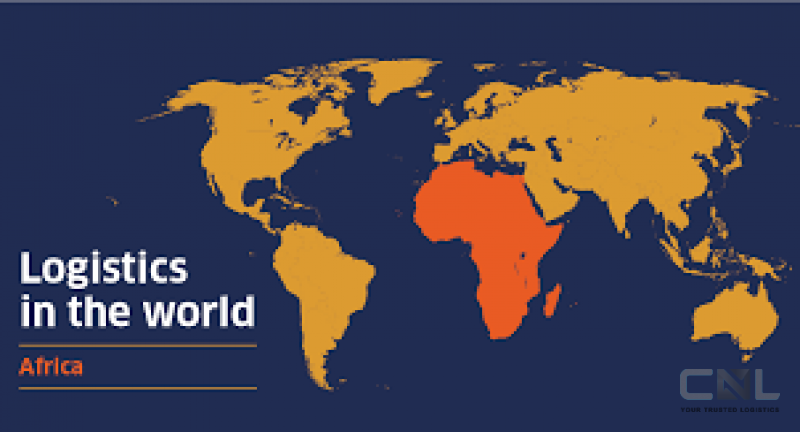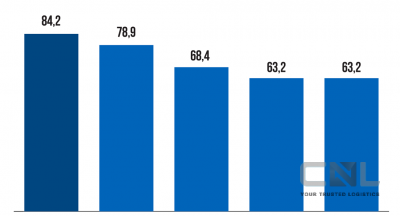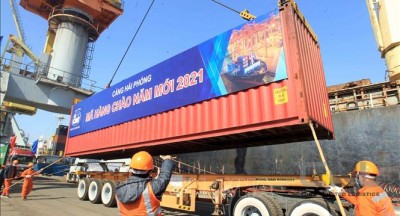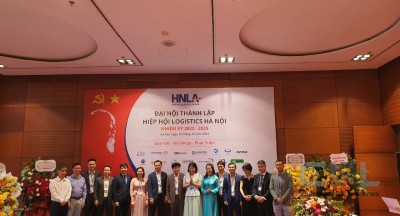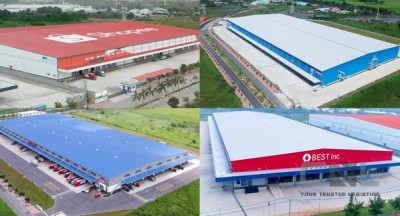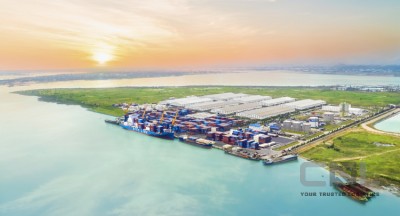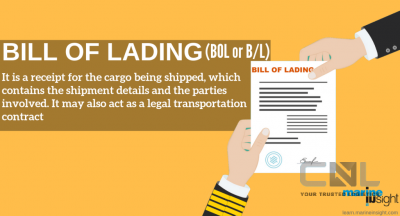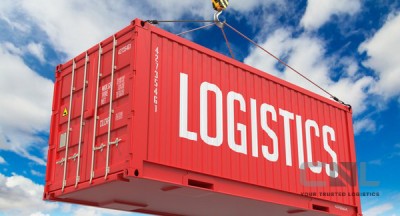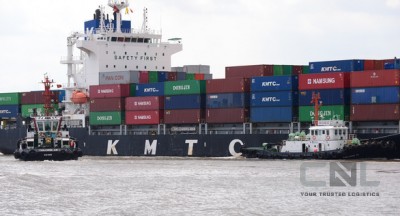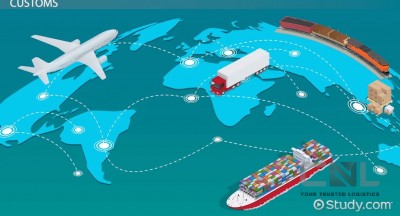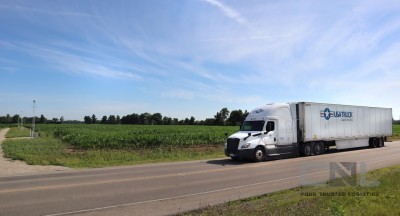Key to unlocking value chains, especially in the tech start-up space is the ability of large established corporates to work effectively with small agile start-ups.
Big corporations partnering with start-ups is an untested and undeveloped space. Few models have been developed to date and examples of successful collaboration are few and far between. “As such, the success of Standard Bank’s recent direct minority equity investment into Tripplo, a tech-enabled logistics solution highlights the power of both Standard Bank’s future-ready strategy, as well as its ecosystems, approach in building and managing successful partnerships with start-ups,” says Sacheen Kala, Head of the Founders Factory Partnership at Standard Bank’s Moonshots business innovation division.
This start-up partnership ability arose when Standard Bank entered a relationship with tech business accelerator Founders Factory Africa (FFA), a venture development company that designs, builds and scales tech-enabled businesses across Africa.
Recognising the challenges of intra-African logistics and trade, Victor Chaitezvi started Tripplo in 2018, armed with a vision to reimagine the movement of African cargo. “Building a digital platform enabling real-time road freight cargo booking integration and management across the SADC, Chaitezvi effectively transformed the regions’ long-established manually operated cargo logistics industry – in just three months,” says Darren Segal, Head of Moonshots. As it turned out, the Tripplo platform also proved a just-in-time tech lifeline for the domestic logistics sector locked down by the COVID-19 pandemic.
“Standard Bank’s Tripplo partnership is an excellent example of how a large platform organisation can deploy technology to leverage its own value chains to unlock growth while working successfully with comparatively small independent start-ups.” says Kala.
Standard Bank’s experience with Founders Factory Africa (FFA) generally, and Tripplo in particular, has informed an effective two-stage corporate start-up cooperation model. In the first stage, the FFA tech incubator partnership enabled access through the identification and development of concepts, including how the bank could deploy its networks and abilities to solve for the start-up. The second or venture-led stage integrated the bank’s ability and networks to co-build the business with the start-up partner.
“The model allows Standard Bank to support entrepreneurship and grow new businesses in line with its purpose to drive Africa’s growth while gaining insight into the growth cycle of tech start-ups and highlighting opportunities to deploy the bank’s own networks to unlock and participate in this growth,” explains Kala. “Since the partnership also involves direct investment, the bank receives an additional return on investment commensurate with the success of the venture supported,” he adds.
Today, Tripplo operates a digital logistics platform that facilitates the safe and efficient movement of road freight cargo across the SADC, providing compliant transporters access to credible cargo owners and cargo brokers. The platform also enables clients to manage all transporter company documents and provides detailed kilometer-by-kilometer trip itineraries for trucks moving goods on any SADC route, while housing detailed information of trucks, trailers and drivers all in one place, ensuring license, permit and fee compliance.Standard Bank’s involvement has also allowed it to extend many of the benefits of its own ecosystem, such as Truck Fuel Net and Instant Money, to the Tripplo platform. The bank also provides Tripplo with foreign exchange rates, credit and goods in transit insurance services.“By optimising and automating operations for small transporters across both its own and Standard Bank’s platforms, Tripplo increases profitability for cargo owners, cargo brokers and transporters alike, while extending Standard Bank’s own digital capability to a previously largely manually managed industry,” concludes Kala.
By Sacheen Kala -logisticsnews.co.za
